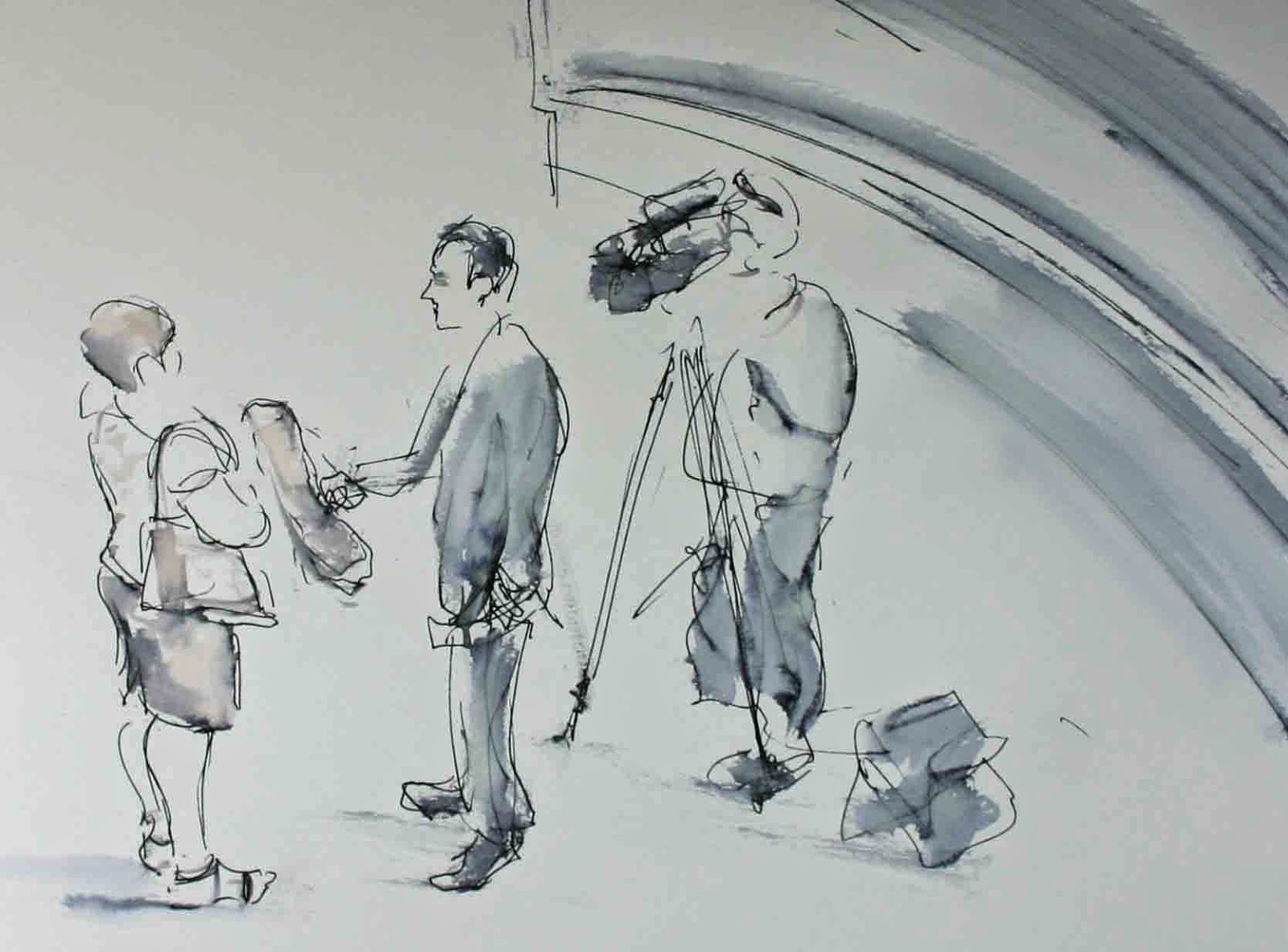[contextly_auto_sidebar id=”AAGwb8jkEKuSLUmBUomLIauJQ8DP5TSy”]
The inquiry which New Zealand high court judge Justice Lowell Goddard has recently agreed to chair has been dogged by controversy. Now that it appears to be on a sound footing the time has come to assess what it, and similar inquiries, can do to get to the truth and do justice to the victims of abuse.
A good deal of press speculation about child abuse has concentrated on the possibility of a ‘ring’ of prominent abusers. However, regardless of whether such a ring existed, victims of serious abuse are entitled to a searching investigation under Article 3 of the ECHR. The extent of that entitlement has so far been under-estimated.
The primary function of Article 3 is to impose a duty on the authorities not to subject anyone to inhuman or degrading treatment or to permit such treatment to occur. That treatment includes serious sexual abuse of children. There is also an obligation to investigate, which arises where it is arguable that the substantive duty has been breached.
Such an arguable breach is likely to exist where the abuse took place in a residential care placement; or where the abuser was employed by the authorities; or where the abuse was brought to the attention of the authorities but was ignored. Experience suggests that in many serious cases one or more of those features was present.
The purposes of the investigative duty are to ensure so far as possible that
- the full facts are brought to light
- that culpable and discreditable conduct is exposed and brought to public notice
- that suspicion of deliberate wrongdoing (if unjustified) is allayed
- that dangerous practices and procedures are rectified
- the victims may at least have the satisfaction of knowing that lessons learnt from their experiences may save others from being abused.
In order to satisfy the obligation:
- the investigation must be independent. In practical terms, this means an investigation by a local authority or by the police will not be good enough if there is any credible suggestion that they could and should have prevented the abuse
- the investigation must be effective
- the investigation must be reasonably prompt
- there must be a sufficient element of public scrutiny
- the victim must be involved to the extent necessary to protect his or her legitimate interests.
The extent of the involvement of victims that is sufficient to meet the obligations under Article 3 is decided on a case by case basis and will depend on a variety of factors. The existence of systemic failures, including the likelihood that there were serious human failings at higher levels which had not been publicly identified, generally requires a high level of victim participation. That will include being legally represented at public expense, provided with the relevant material and able to cross-examine the principal witnesses.
It is not yet clear whether the scope of the Goddard Inquiry will extend to all cases of serious abuse, let alone whether it will approach all such cases on the basis of the Article 3 investigative duty. Those of us who represent victims need to be astute to the extensive rights which they may have to a full investigation.







